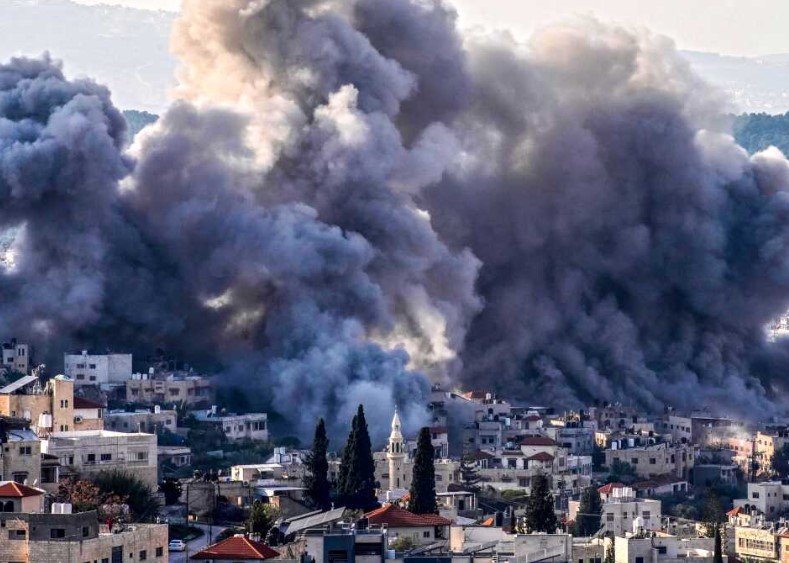Once a sanctuary for rehabilitation, the Al-Jaleel center now faces destruction—its future buried under aerial maps and military designations
For decades, the Al-Jaleel Society for Care and Community-based Rehabilitation quietly carried out the work few others dared attempt in the Jenin refugee camp: helping disabled Palestinians walk again, talk again, or sometimes just sit without pain. It wasn’t glamorous, and it rarely made headlines. But inside its stone walls, speech therapists, physical trainers, and psychologists built something that felt almost normal—until the war came too close.
Earlier this summer, those same walls were reduced to rubble during an Israeli military raid. No official warning had arrived. But a new aerial map, circulated by Israeli forces in June, included the coordinates of the Al-Jaleel center within a freshly designated demolition zone. No paperwork. No appeal. Just a dot on a digital rendering of Jenin, marked for erasure.
A building stitched into the fabric of Jenin
The Al-Jaleel center, wedged into the heart of Jenin’s battered camp, served not just as a clinic but a community cornerstone. Between the periodic hum of generators and the clatter of assistive crutches on tile, children received mobility aids, amputees learned to cook again, and aging parents of disabled sons found rare companionship over strong coffee.

Even before the official threat of demolition, the building bore the scars of repeated incursions. Shelves were smashed. Equipment was tampered with. Doors hung loose on their hinges. But the staff kept returning, each time rebuilding in small ways, even if just to open one room.
“They ransacked the center and tampered with assistive devices meant for people with disabilities,” said Am-Ali. “There was no military purpose to that.”
The security justification—and the silence that followed
The reason cited for the latest demolition order is a familiar one: “military and security purposes.” That phrase, repeated in past raids across the occupied West Bank, allows for homes, schools, and medical centers to be flattened without legal contestation under Israeli military law.
Al Jazeera reached out to the Israeli military for clarification. As of publication, no response has been provided.
Staff at Al-Jaleel received no formal eviction or demolition notice. Instead, the only indication was the June aerial map showing their building as part of a perimeter slated for clearance. That map has since been quietly circulated among international NGOs and rights groups, raising alarms but yielding little leverage.
“There’s no space for appeals in this kind of system,” said a humanitarian worker who requested anonymity. “Maps speak louder than words in Jenin.”
Thousands caught in the crosshairs
At its peak, Al-Jaleel supported over 3,000 individuals annually—many with spinal cord injuries, neurological disorders, or trauma from previous military operations. In a city where public hospitals are understaffed and under siege, the center filled a gap no one else would.
Most of the patients now have nowhere to go. Mobility aids lie broken. Appointments have vanished. For families already living on the edge, the loss of the center is more than symbolic—it’s catastrophic.
“Without Al-Jaleel, some of these kids will never walk again,” said a local speech therapist who previously worked part-time at the center. “That sounds dramatic, but it’s the truth.”
Staff, donors, and residents wait—for what, no one knows
For now, there’s no bulldozer at the door. No loudspeaker announcement. Just an oppressive quiet. The kind of stillness that settles in places where institutions once stood. Al-Jaleel’s staff continue gathering in private homes and makeshift spaces, salvaging what little equipment remains to assist former patients.
Whether they can rebuild depends on forces far beyond their reach. But they know one thing: when the map was redrawn, their building—once a haven—was no longer part of the future being imagined for Jenin.
